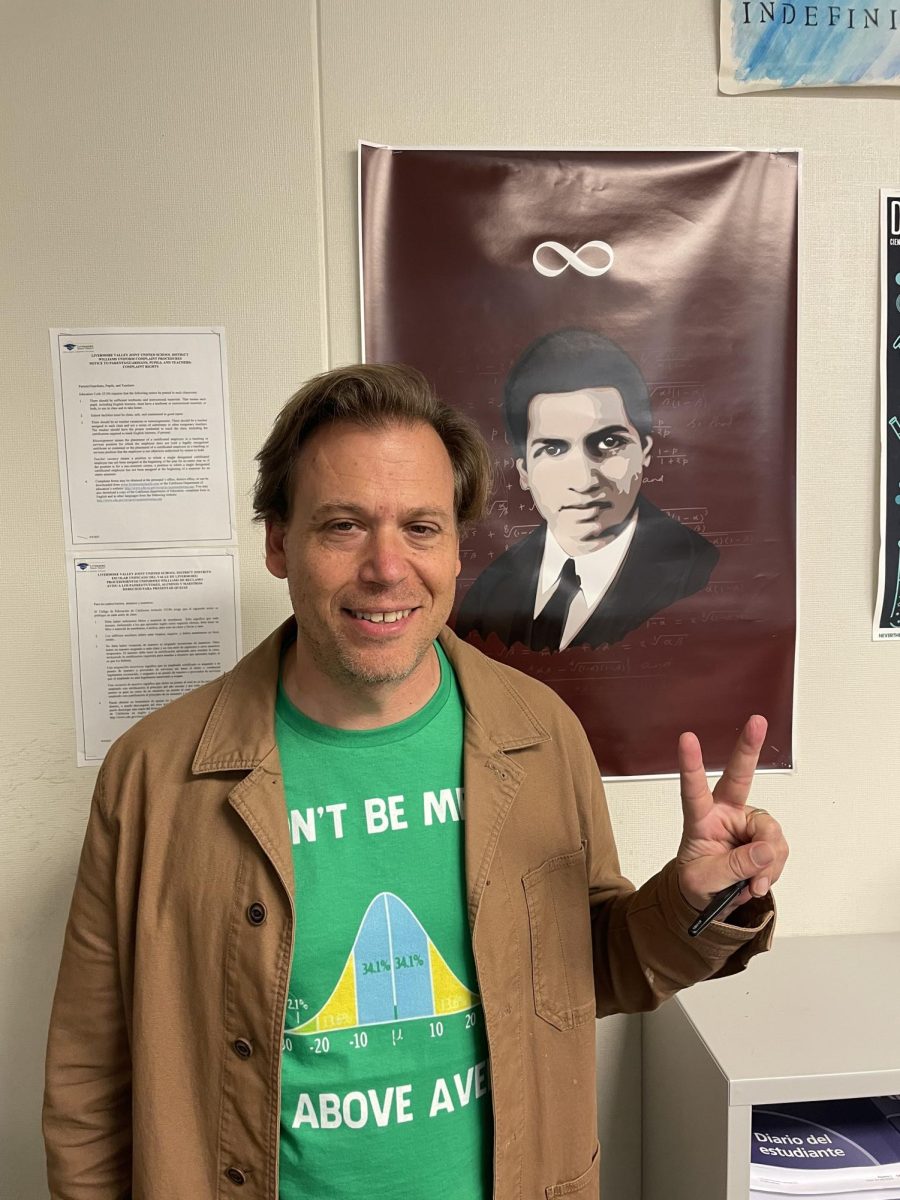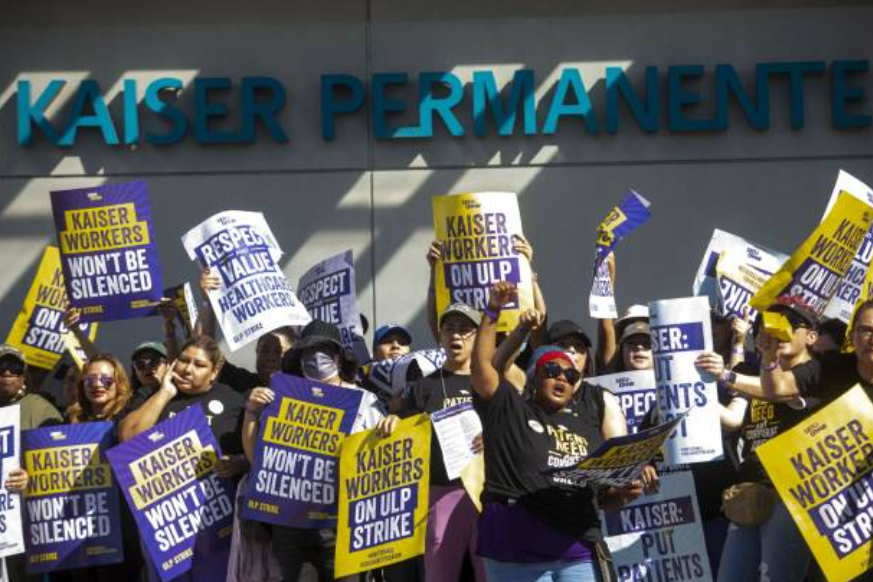On August 15, the union for mental health care workers in Northern California, representing 2,000 workers, went on strike for 10 weeks. This strike was prompted by overwhelming patient-to-worker ratios and burnout. Following these protests from the mental healthcare unions, a shorter yet largely disruptive strike from Kaiser Permanente workers rocked the healthcare industry into a race for an agreement between the workers and Kaiser.
Bad work conditions have caused hundreds of thousands of workers to leave the healthcare industry since 2020. Circumstances during and following COVID-19 left healthcare workers with more case studies and fewer resources. Because of this, there was pent-up anger amongst all healthcare employees and patients. As a result, blue-collar unions, Kaiser, and the government bargained for many long months. They all worked to produce a deal that conformed to the desires of healthcare workers while keeping budgeting and cost in mind. Throughout this deliberation process, unions threatened to strike again during the first week of November, forcing the agreement to occur in a timely and efficient manner. Healthcare unions urged for better workers’ rights and resources. With the threat of an upcoming strike, Kaiser and the workers’ unions ultimately finalized a deal that has been named ‘historic.’ The historic healthcare strike resulted in a historic settlement.
Details of the deal
U.S. Secretary of Labor Julie Su mediated the final tense negotiations of what many are deeming a “historic” deal. After hearing of new striking threats, Kaiser Permanente announced that the Biden administration had called upon a contract that would hopefully put an end to the protests and suffering within the healthcare industry.
Governor of California Gavin Newsom recently signed a contract instituting an agreement that promises to raise the minimum wage of healthcare workers over the next 4 years and eventually reach $25/hour in the next decade. This raise will better help circumstances for lower-paid workers and has already increased pay by 21% for 65,000 workers. Alongside higher minimum wages Kaiser Vice President and Chief of Human Resources Greg Holmes expands on how this contract will help maintain stability within the Kaiser community, “We believe this new contract will actually help us continue to have some of the best employees … and with those employees, we’ll be able to deliver on our mission of providing high quality, affordable and accessible health care to our members.”
Kaiser has agreed to hire more therapists and allow workers more time with their patients within mental health care facilities. This part of the industry is finally beginning to find more support within Kaiser Permanente and the statewide minimum wage raise will only continue to help. The representatives of the blue-collar unions, Kaiser, and the Biden administration believe this is a big step in the right direction. There is much hope as David Reagen, president of SEIU- United Health Workers West states, “Although it’s been bumpy, and we’ve obviously had our challenges, there is a commitment on the part of the unions that comprise the coalition to genuinely say to Kaiser, we want to rebuild the partnership.”
It is clear that Kaiser has no intentions of giving up and the reconciliation of the partnership between the union and the company will help not only themselves but the entire state as Kaiser serves 9 million patients and is the leading healthcare company in the state of California.
Although this deal has been revolutionary, the agreement is still tentative, meaning nothing has been signed or made official other than the contract signed by Gavin Newsom regarding the increase in starting wages for healthcare workers. Despite this, it is clear that Kaiser, Newsom, and the Biden administration plan to stick to this agreement with the Union and further work towards improving the conditions of this industry for both employees and patients.
Though this deal heavily involved Kaiser, the agreement has resulted in better conditions for all working in healthcare, due to the wage increase for healthcare workers and the promise of increased staffing. The benefits included within this contract, like salary and employment increases, were made with hopes of long-term stability for the future of Kaiser and the healthcare industry entirely. A large part of this agreement lies within Kaiser’s promise to hire more permanent physicians, therapists, nurses, and other such employees. By doing so, unions and union members are hoping that burnout will be a less prominent issue and the overall physician-to-case ratio will decrease.
Kaiser is the leading and most prominent healthcare provider, making this deal even more significant. Vice President Kamala Harris ends the bargaining process with memorable words stating, “The President and I strongly believe in the collective bargaining process, and we know that when unions are strong, our nation is strong.” The future of this industry is beginning to look up and many citizens are satisfied with the progress being made by the contract.






























